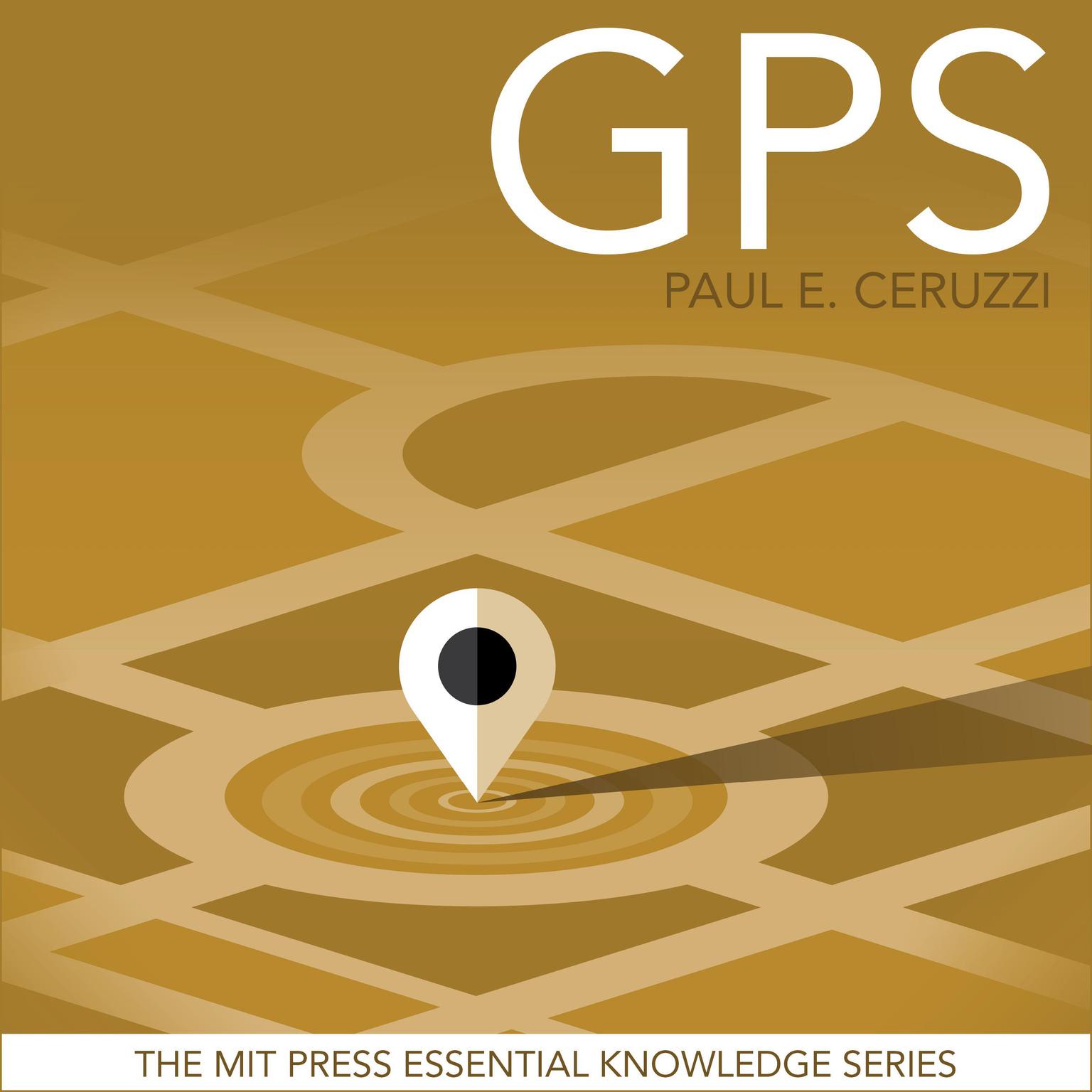 Play Audiobook Sample
Play Audiobook Sample
GPS Audiobook
 Play Audiobook Sample
Play Audiobook Sample
Quick Stats About this Audiobook
Total Audiobook Chapters:
Longest Chapter Length:
Shortest Chapter Length:
Average Chapter Length:
Audiobooks by this Author:
Publisher Description
A concise history of GPS, from its military origins to its commercial applications and ubiquity in everyday life.
GPS is ubiquitous in everyday life. GPS mapping is standard equipment in many new cars and geolocation services are embedded in smart phones. GPS makes Uber and Lyft possible; driverless cars won't be able to drive without it. In this volume in the MIT Press Essential Knowledge series, Paul Ceruzzi offers a concise history of GPS, explaining how a once-obscure space technology became an invisible piece of our infrastructure, as essential to modern life as electric power or clean water.
GPS relays precise time and positioning information from orbiting satellites to receivers on the ground, at sea, and in the air. It operates worldwide, and its basic signals are free, although private companies can commodify the data provided. Ceruzzi recounts the origins of GPS and its predecessor technologies, including early aircraft navigation systems and satellites. He describes the invention of GPS as a space technology in the post-Apollo, pre-Space Shuttle years and its first military and commercial uses. Ceruzzi explains how the convergence of three major technological developments—the microprocessor, the Internet, and cellular telephony—enabled the development and application of GPS technology.
Download and start listening now!
GPS Listener Reviews
Be the first to write a review about this audiobook!
About Paul E. Ceruzzi
Paul E. Ceruzzi is a curator at the Smithsonian Institution’s National Air and Space Museum. He is the author of A History of Modern Computing, Internet Alley: High Technology in Tysons Corner, 1945–2005, Reckoners, and other books.
About Stephen Bel Davies
Stephen Bel Davies has recorded over a hundred titles. Trained at the Juilliard School Drama Division, he has narrated books by a number of New York Times bestselling authors.
























